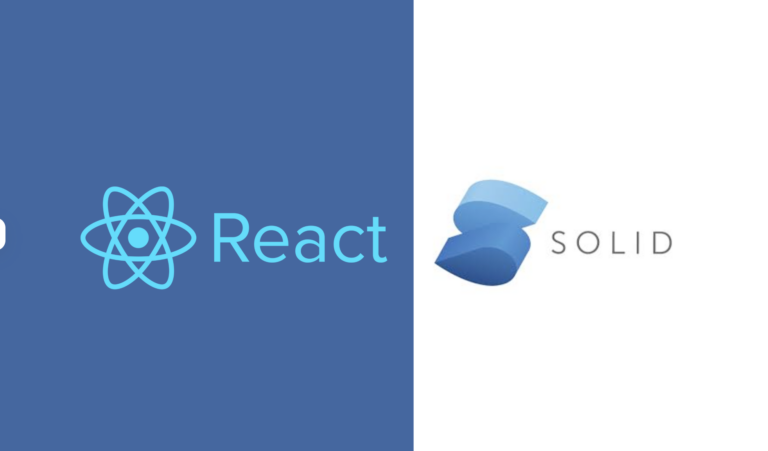Understanding the Basics
Machine Learning (ML) is a subset of Artificial Intelligence (AI) that empowers systems to automatically learn and improve from experience without explicit programming. At its core, it relies on algorithms that analyze and interpret data, allowing machines to make decisions, predict outcomes, and identify patterns.
Fundamental Concepts
- Types of Machine Learning
- Supervised Learning: Involves learning from labeled data, where the model predicts outcomes based on input-output pairs.
- Unsupervised Learning: Deals with unlabeled data, aiming to find hidden patterns or groupings within the data.
- Reinforcement Learning: Focuses on decision-making through trial and error, where an agent learns by interacting with an environment and receiving feedback.
- Key Components
- Data: The cornerstone of ML. High-quality, relevant, and diverse data is crucial for training robust models.
- Algorithms: Various techniques such as regression, clustering, decision trees, and neural networks form the backbone of ML.
- Model Evaluation: Metrics like accuracy, precision, recall, and F1-score help assess the performance of trained models.
Getting Started
- Learn the Basics of Python or R: Both languages are extensively used in ML. Resources like Codecademy, DataCamp, or official documentation are excellent starting points.
- Understand Mathematics: A grasp of linear algebra, calculus, and probability theory is beneficial.
- Explore Online Courses and Books: Platforms like Coursera, Udacity, or books like “Introduction to Statistical Learning” and “Hands-On Machine Learning with Scikit-Learn and TensorFlow” are highly recommended.
- Practice with Projects: Apply your knowledge by working on small projects. Start with datasets from platforms like Kaggle, UCI Machine Learning Repository, or your own collected data.
Going Deeper
- Specialize in Areas: Deep Learning, Natural Language Processing (NLP), Computer Vision, and Reinforcement Learning are prominent areas within ML.
- Join Communities: Engage in forums like Reddit’s r/MachineLearning, attend meetups, and participate in hackathons to collaborate and learn from others.
- Advanced Courses and Certifications: Consider enrolling in advanced courses, bootcamps, or gaining certifications to delve deeper into specialized topics.
Conclusion
Machine Learning is an exciting field with vast potential. Begin your journey by understanding the basics, practicing consistently, and staying updated with the latest advancements.
Remember, perseverance and continuous learning are key to mastering this ever-evolving domain!











